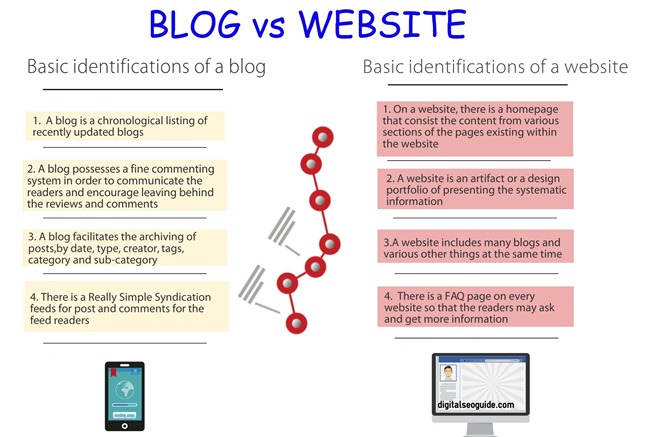Website vs. Blog: The Differences Between the Two Explained
The terms “website” and “blog” are often used interchangeably, but there are important differences between the two. A website is a group of connected web pages containing more information about a business or organization and its offer. Conversely, a blog is where a writer or group of writers share their opinions and perspectives on specific topics. Often, websites host blogs, but it’s important to note that the two are distinct. Put simply, all blogs are websites, but not all websites are blogs. In this article, we’ll cover the following:- differences between websites and blogs;
- some examples of websites and blogs;
- frequently asked questions about websites and blogs.

